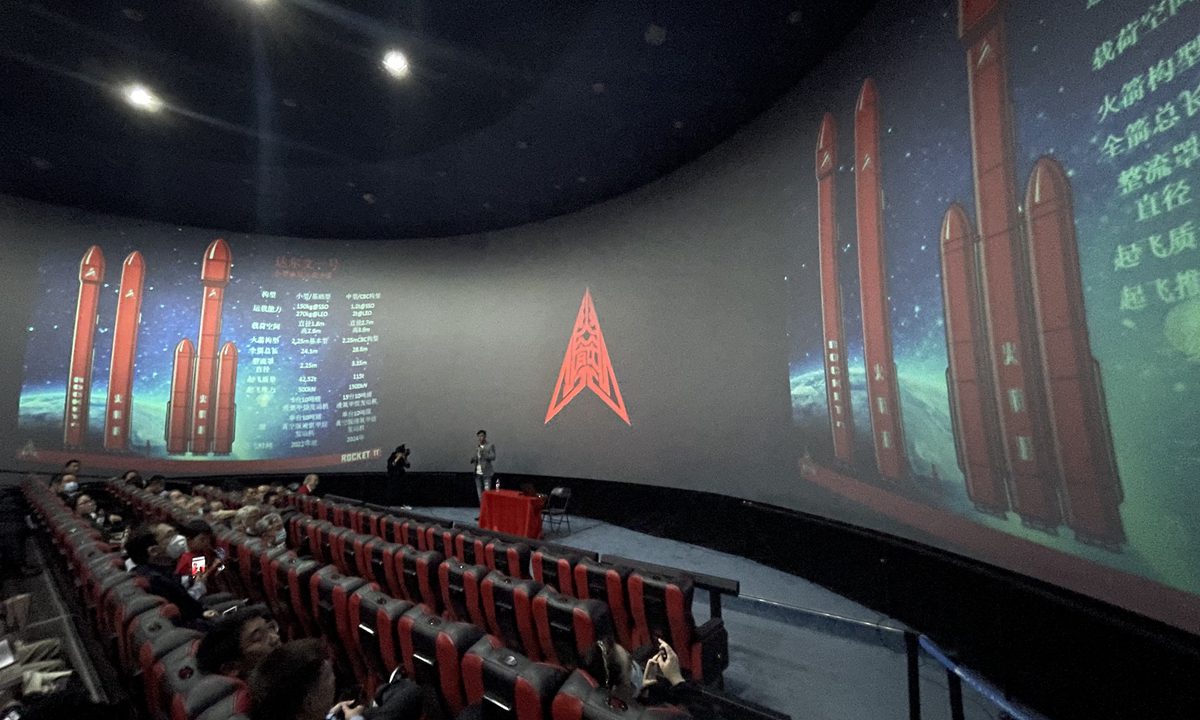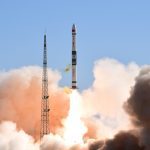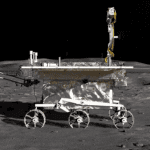Chinese private firm to build space lab by 2025
中国私营企业将在2025年前建造太空实验室

As China has scheduled 11 launch missions in the next two years for the building of its first space station, a private space technology start-up based in Huzhou, East China’s Zhejiang Province has been keeping its pace close to the national program, with an ambitious goal of initiating an orbital space biology lab around 2025, firm founder Cheng Wei told the Global Times on Sunday.
It aims to conduct studies relating to changes in humans’ vital signs in space to explore the development of future manned space missions, while also planning to load a self-generating life support system onboard its lab to study the feasibility of long-term human stays on moon or other extraterrestrial bodies.
Named after rocket plus the Greek symbol representing the ratio of the circumference of a circle to its diameter, Cheng’s firm, Rocket Pi, has a four-step framework toward its ambitious goals.
A single-function biology experiment platform payload, Sparkle-1, is expected to be launched via a Long March carrier rocket by September, while a multi-functional platform supporting biological experiments may be put into orbit by 2022. The company will establish a space shuttle-like mode for platform launches during the same period.
Next, by 2025, reusable payload that is able to shuttle between Earth and celestial bodies will become reality, which will provide platforms for in-orbit experiments for biopharmaceutical studies.








